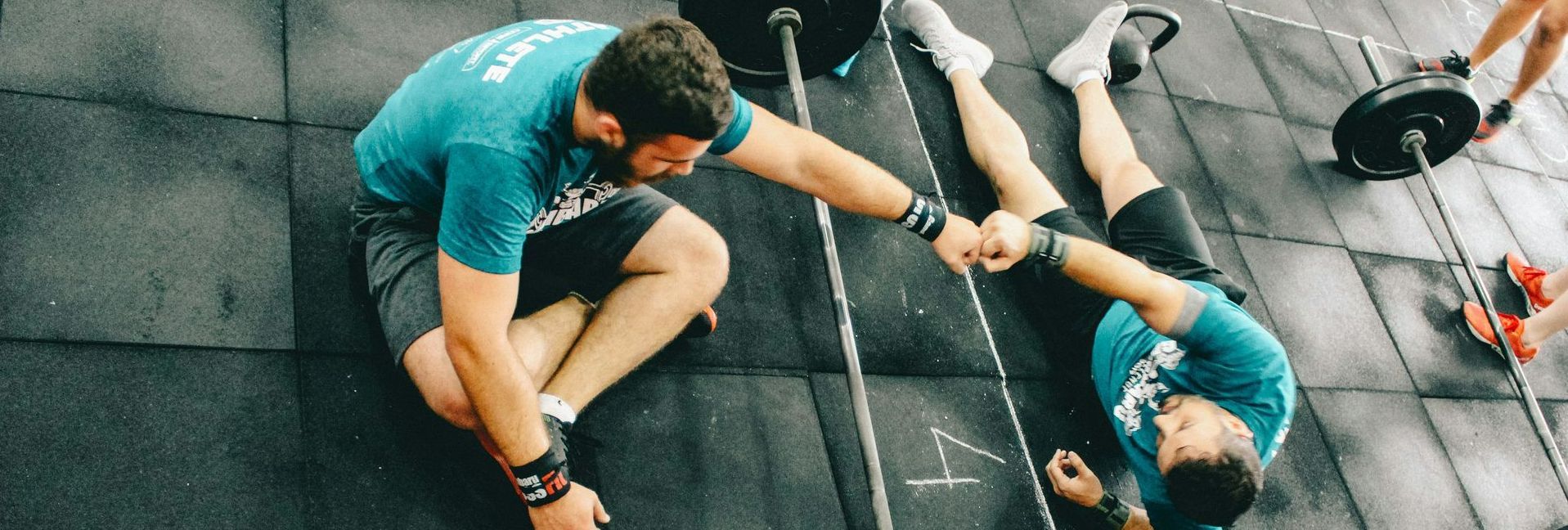
While gym training with a partner can have its benefits, there are also potential drawbacks. Here are five reasons why it might be considered a mistake:
Dependency: Relying too heavily on a training partner can hinder your ability to push yourself independently. If your partner is unavailable or loses motivation, it can disrupt your own consistency and progress.
Skill Level Discrepancy: If your partner is at a significantly different fitness level, it can be challenging to find exercises that suit both of you. This can lead to frustration or even injuries if one person is pushing beyond their capabilities to match the other.
Socializing Distractions: While camaraderie can be motivating, it's easy for gym sessions with a partner to become more about socializing than focused training. Excessive chatting can lengthen rest periods and reduce the intensity of workouts.
Limited Variety: Training with a partner might limit your exposure to different exercises and training methods. You may become stuck in a routine that doesn't fully address your fitness goals or provide enough variety to prevent plateaus.
Dependence on Motivation: If your motivation relies solely on your partner's enthusiasm, you might struggle to maintain consistency when they're not available or lose interest in training altogether if the partnership ends.

Don't get me wrong, having someone like-minded to you and with a similar fitness level can be beneficial as you can push eachothers limits, share knowledge and incorporate different exercises into eachothers regiment but in my experience this is rarely the case amongst recreational gym-goers.
Let's dwell on this and give you my personal input as a five-year and counting veteran of this industry:
"I'm training with my best friend whose helping me get into gym" - taking the first step in the gym as a 'newcomer' is a commendable task, and well done to you if you have so for taking charge of your health and fitness. The fault doesn't come from the newcomer but from the more experienced gym-goer who is training this newcomer to his own level, without considering important factors such as fitness levels and injury history. Most of these people fizzle out of a gym in a few months at most.
Im a personal trainer by trade, and if you're new to health and fitness, seek professional help, it may cost a pretty penny but you'll thank youself years down the line when you are competant enough to train by yourself.

The socialites - You'll see these people frequent every gym but most notably commercial gyms, the aim of these people are to huddle up as close as they can around the squat rack or bench press, and take up the equipment for about half an hour, resting 5-10 minutes per person per set.
The gym is an escape for a lot of people, and an opportunity to meet people outside of the stresses of their daily lives, so it is no surprise a community feeling can also be built from gyms especially smaller gyms. This is a great thing, and helps foster positive relationships.
On the contrary, it doesn't help foster positive training progress. You know the people you don't notice in the gym, with their headphones in, walk in and out the door in a blink of an eye (45-60 minutes approximately) - those are the people making progress.

Start Today!
Ready to transform your fitness journey? Take the first step towards achieving your goals with personal training!
My take on Health and Fitness



